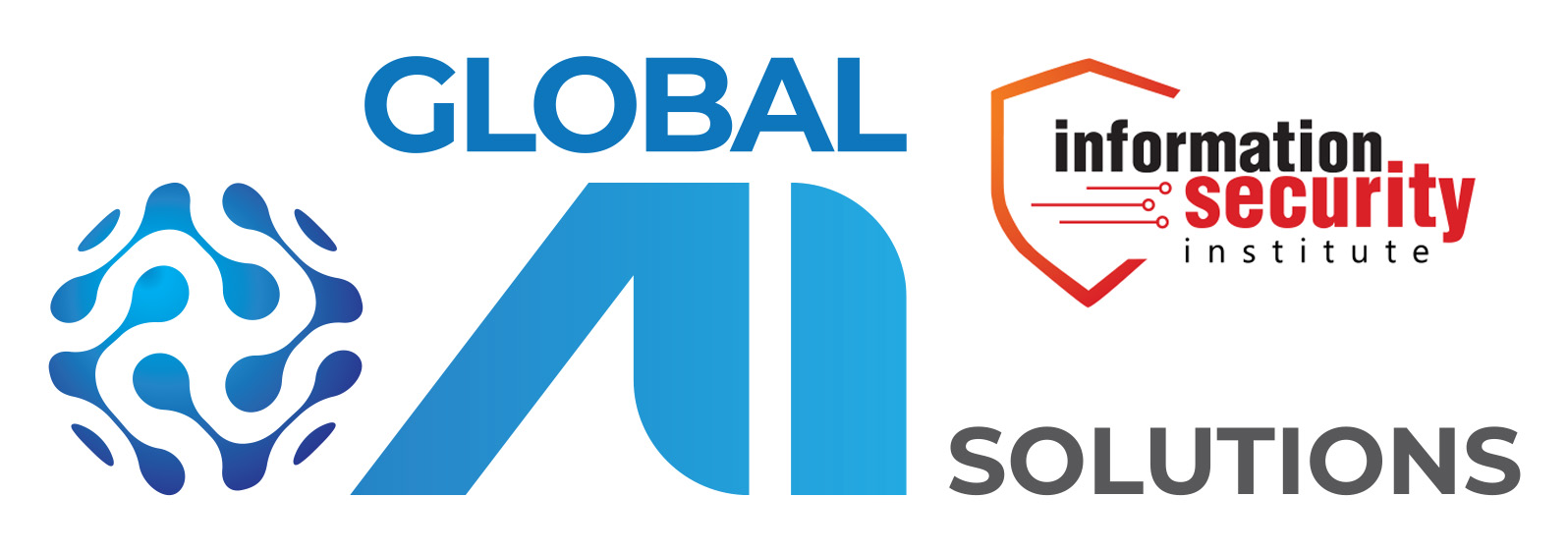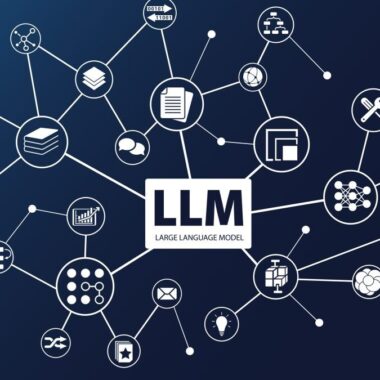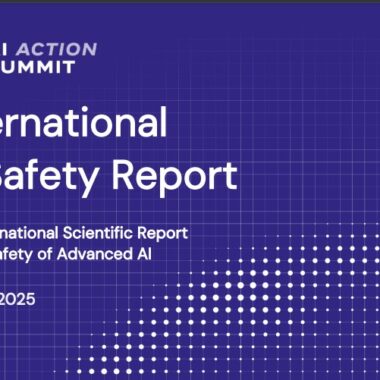All organizations need to catch-up with the current technological progress to be on the cutting edge of the ongoing fourth industrial revolution, where data is at the core of any business model requires that all organizations close the skills and learning gap from the third industrial revolution that used electronics and information technology in the 20th century to automate production.
To use the data efficiently, all organizations must shape the changing skill needs of their future workforce to be professional in their current assignment. Focusing on training and certification is both responsible and cost-effective to create new job opportunities, drive business growth and improve the way we work. The contemporary Business Information components like analytics, big data, artificial intelligence and robotics, require adaptability, resilience and confidence of all employees to comply with the fourth industrial revolutions opportunities promised by intelligent technologies
The stakes are high if skill-building do not catch-up with the high speed of the technological progress. The G20 economies could lose up to US$11.5 trillion in cumulative GDP growth in the next ten years if updating the skills is not a priority in the organizations.
Training sessions for updating learning and knowledge
Countries like Mauritius that have a desirous, updated and talented workforce have achieved the knowledgeable future-oriented workforce by subsidizing all approved training seminars and courses to ensure that the future competencies of workers. These training sessions provide the employees with updated learning and knowledge, especially when the jobs are vulnerable to technological disruption in an era of intelligent automation.
To reshape and redefine the new skills can customize, the potential of the Business-Information technologies and motivate with meaningful business opportunities that thrive in a digital economy. However, all organizations must allocate a minimum of 2% of the total salaries and wages to be a part of the learning and skills update revolution.
Potential gap between corporate skills
Continuous training by attending workshops, conferences and seminars enhances training and learning capabilities of the future-oriented workforce and shine new light on the implications of a changing world of technology, IT and Data with practical actions needed today to start preparing the workforce.
Traditional learning systems are inadequate because they focus primarily on people who are new to the labor market or are unemployed. These relevant trainings do not address the pressing needs of the potential widening gap between the skills people need to develop corporate skills they will need to succeed in a digital world.
Work and processes will continue to be automated by intelligent technologies, and we will see a significant shift in the types of skills in demand from employees that have abilities that machines cannot replicate, such as managing administrative responsibilities with emotional intelligence, creativity, intricate reasoning, empathy and communications skills required for the future workforce.
Address future digital and technological processes
Therefore, governments and municipalities must look at the enormous amounts paid in unemployment benefits, and unqualified workforce that is a burden the society and family by addressing these societal issues. By encouraging them to attend seminars and hands-on workshops that promote the development with a plan for future career opportunities with personalized learning, that help these people to develop relevant skills and capabilities or by extending apprenticeship programs to facilitate on-the-job learning to address the youth unemployment issue.
Business leaders must be proactive in shaping the future skills of the workforce by investing in and preparing for the employees for continuous and lifelong learning. However, there can be a need first to define the characteristics for future success in a digital world of the rapid technological process with flexible learning solutions. Seminars, workshops and conferences can provide that provide an optimal mix of human and machine skills where the use of intelligent technologies can augment the employee roles to automate, integrate and ended the future digital processes to improve productivity.





